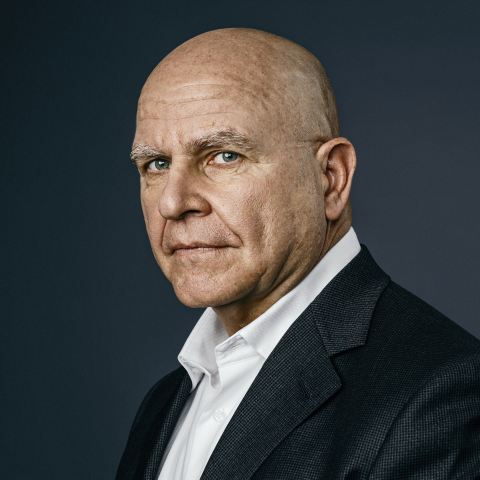On Veterans Day, it’s hard to look away from the catastrophe in Afghanistan. The consequences of a war lost through incompetence, delusion and self-defeat will reverberate beyond South Asia. In America, the lack of commitment to win in war, apparent in a humiliating surrender to the Taliban and an ignominious retreat from Kabul, risks eroding trust between servicemen and -women and their civilian and military leaders.
If leaders send men and women into battle without dedicating themselves to achieving a worthy outcome, who will step forward to volunteer for military service? Who will offer to endure hardship, take risk and make sacrifices? Winning in Afghanistan meant ensuring that Afghanistan never again became a haven for jihadist terrorists. America and its coalition partners had the means to do so with a low, sustained level of support for Afghans who were bearing the brunt of the fight on a modern-day frontier between barbarism and civilization.
But three presidents in a row told the American people that the war in Afghanistan wasn’t worth continued sacrifice. It became typical for citizens to profess support for the troops but not the war. That sentiment was preferable to the derision directed at veterans who fought under difficult conditions in Vietnam. But American warriors won’t long trust a society that doesn’t believe in what the nation is fighting for—as they kill others and risk their own lives.
Winning in war also means convincing the enemy that he is defeated. America’s quick-fix approach to Afghanistan, with persistent promises of imminent withdrawal, made the war longer and more expensive than it needed to be. It weakened Afghan allies; it strengthened the Taliban, their terrorist allies and their Pakistani sponsors.
Read the full article in The Wall Street Journal




















